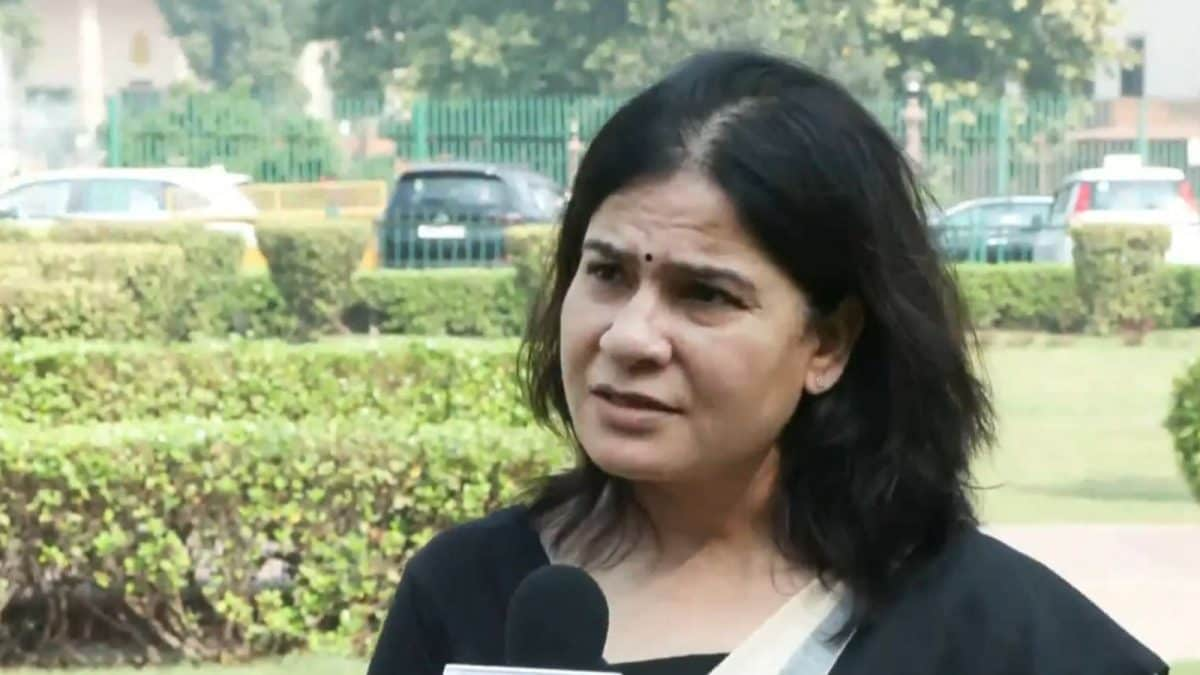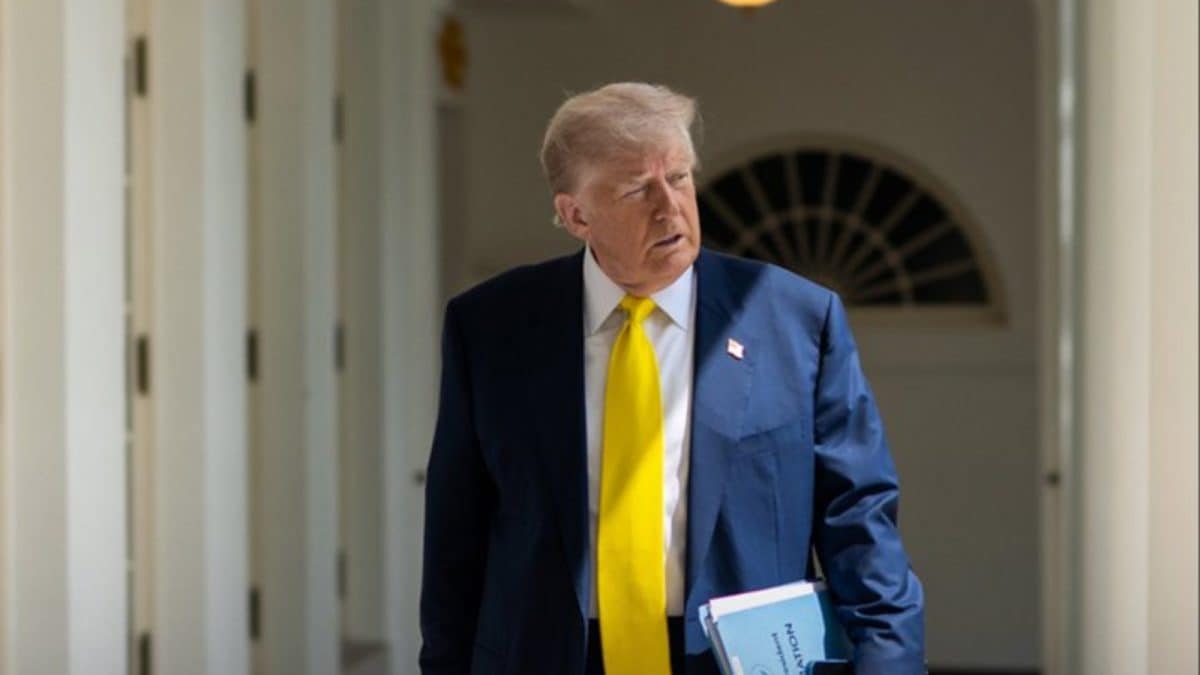The Indian Council of Medical Research (ICMR) has invited Expressions of Interest (EoI) from eligible organisations, companies, and manufacturers for the development and production of monoclonal antibodies (mAbs) against Nipah viral disease.
Nipah virus (NiV) has emerged as a major zoonotic threat in India, with repeated outbreaks recorded since 2001. Case fatality rates range between 40% and 75%, depending on the level of clinical care available. In India and Bangladesh, the circulating strain, the Bangladesh clade (NiV-B), is known for frequent person-to-person transmission and higher mortality.
Globally, research and development efforts are advancing, but no licensed vaccine or antiviral is currently available.
“The importance of having monoclonal antibody stocks ready for deployment in India cannot be overstated. Given the very high case fatality and absence of licensed vaccines, mAbs represent the only currently feasible biomedical countermeasure,” the ICMR said.
It added that monoclonal antibodies could also serve as post-exposure prophylaxis for high-risk contacts such as healthcare workers exposed without adequate protection, family members in close contact, or laboratory personnel with accidental exposure. Administered early, they can potentially prevent disease onset, as demonstrated in animal models.
The Council further noted that in patients presenting early during infection, monoclonal antibodies may offer therapeutic benefit by reducing viral load and limiting disease progression, thereby complementing supportive critical care.
ICMR said this initiative aims to build India’s indigenous medical countermeasures against Nipah virus, particularly monoclonal antibodies. “The intent is to take this forward through active collaboration with Indian industry partners for developing an indigenous monoclonal antibody platform. Manufacturing the stock will not only ensure timely and reliable access during outbreaks but also strengthen national preparedness for emerging viral threats,” it said.
The ICMR–National Institute of Virology (ICMR–NIV), Pune, has already initiated research and development in this direction, with experimental work at an advanced stage.
As per the latest order, ICMR and its institutes will provide expert guidance and technical support in R&D for developing monoclonal antibodies against Nipah viral disease at all phases. “This technical oversight by ICMR would accelerate the development of the product and its commercialisation,” the Council said.
The first recognised Nipah outbreak in India occurred in Siliguri, West Bengal, in 2001, affecting around 66 people, primarily through hospital-based transmission. Another outbreak followed in 2007 in Nadia district. After a decade-long gap, the virus reappeared in 2018 in Kerala’s Kozhikode and Malappuram districts, resulting in 23 confirmed or probable cases and a fatality rate of around 91%.
Since then, Kerala has reported multiple episodes, a single case in 2019 in Ernakulam, a fatal case in Kozhikode in 2021, six confirmed cases with two deaths in 2023 again in Kozhikode, and fresh spillovers in 2024 in Malappuram with no secondary transmission. In 2025, four confirmed cases were reported between April and July, including the first-ever cases in Palakkad, two of whom succumbed to the infection.
“These repeated spillovers highlight the persistence of Nipah risk in South India, particularly in Kerala, even as improved surveillance and rapid containment measures have limited large-scale transmission,” the ICMR noted.
Monoclonal antibodies synthesised in the laboratory are designed to mimic natural antibodies produced by the body, specifically targeting pathogenic proteins or antigens in response to infection and neutralising them.

 4 days ago
7
4 days ago
7








 English (US) ·
English (US) ·